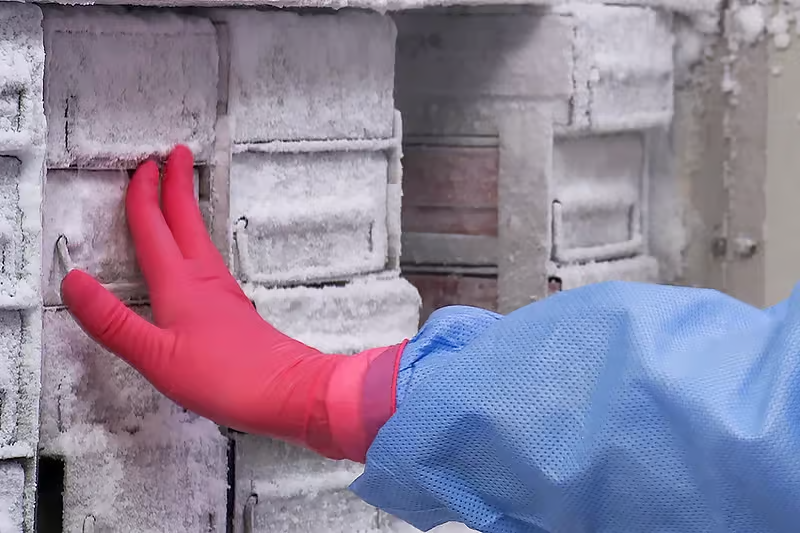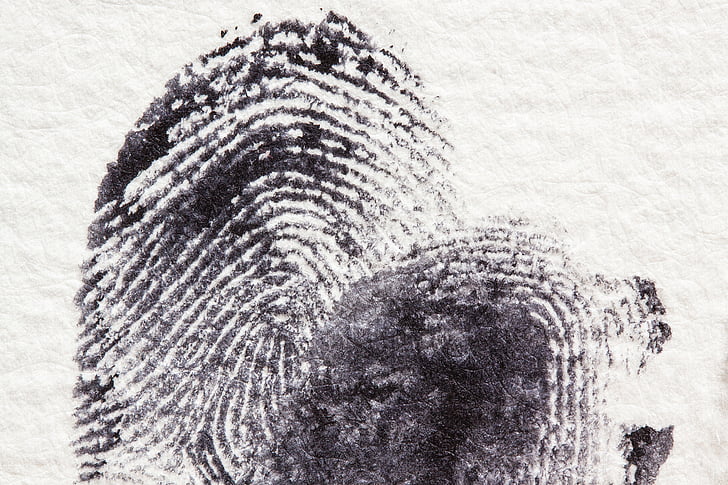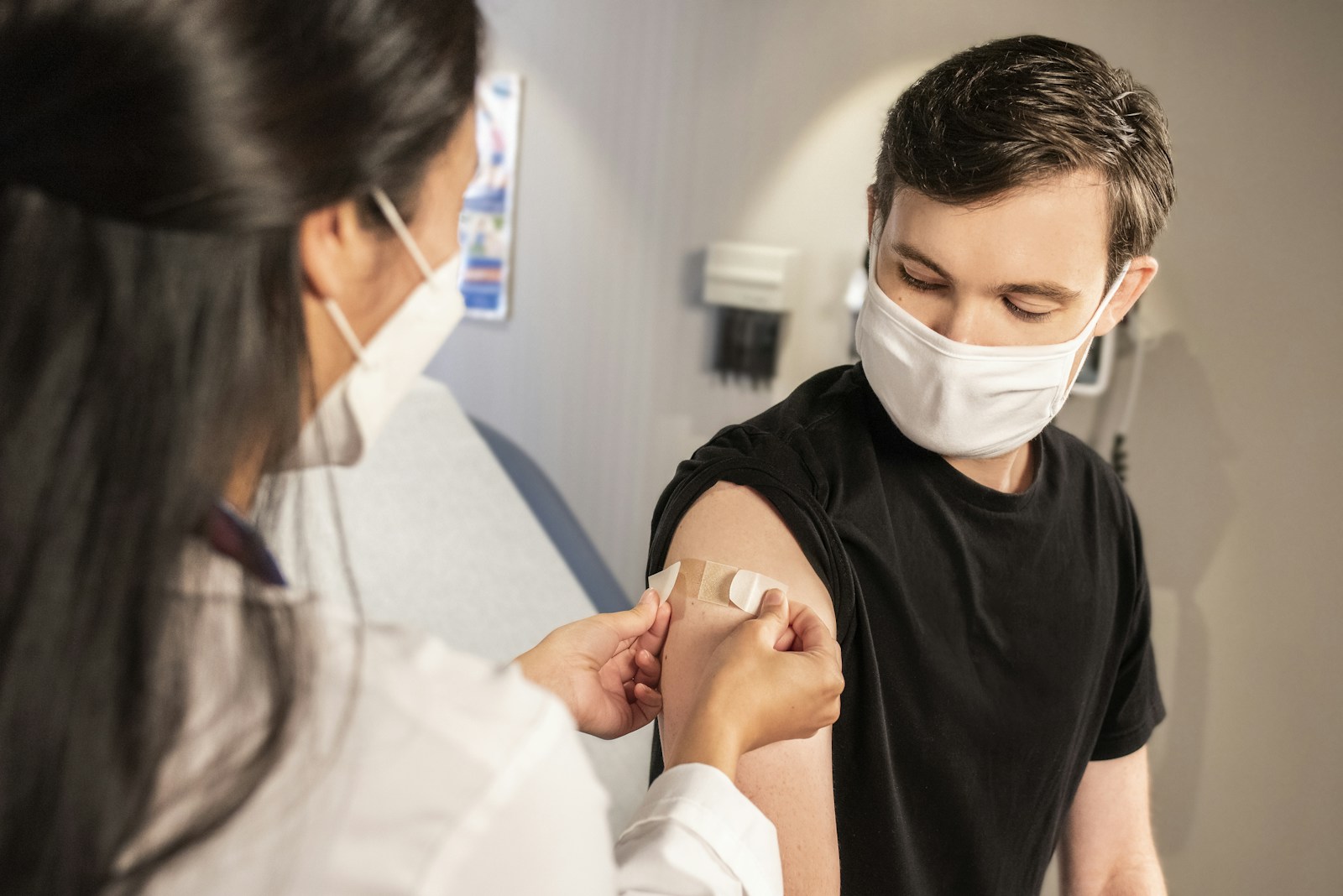Now Reading: Colorado Mortuary Scandal Exposes Forensic and Regulatory Challenges
-
01
Colorado Mortuary Scandal Exposes Forensic and Regulatory Challenges

Colorado Mortuary Scandal Exposes Forensic and Regulatory Challenges
Colorado residents and the wider forensic community are grappling with the shock of a mortuary scandal that has laid bare serious lapses in death investigation practices and oversight. In late August 2025, state inspectors conducting a routine check at Davis Mortuary in Pueblo discovered over 20 decomposing bodies—some stored for up to fifteen years—hidden in a concealed room operated by Brian Cotter, the county coroner. The bodies were in various stages of decay, and some had reportedly never been cremated as promised, with families potentially given fake cremated remains.
Regulatory authorities suspended the mortuary’s license and transferred the remains to the El Paso County Coroner’s Office for forensic identification. Utilizing dental records, fingerprints, and DNA, investigators have identified 6 of the 24 recovered bodies so far, mostly from the 2010–2012 period. The Colorado Bureau of Investigation launched a detailed probe, receiving over a thousand tips from families who used the mortuary’s services and establishing protocols to pursue meticulous identification, reflecting both the complexity and the emotional toll of such an undertaking.
This scandal has prompted urgent calls for reform, with Governor Jared Polis declaring a “disaster emergency,” pushing for coroner Brian Cotter’s immediate resignation, and highlighting the need for stronger regulation of funeral homes and deathcare professionals. Colorado has recently passed new laws mandating routine inspections and heightened licensing requirements, attempting to address some of the state’s previously lax regulations.
The Davis Mortuary case underlines the critical role of forensic science in restoring dignity and certainty for families and demonstrates why stringent regulations and transparent procedures are indispensable in death investigations.










